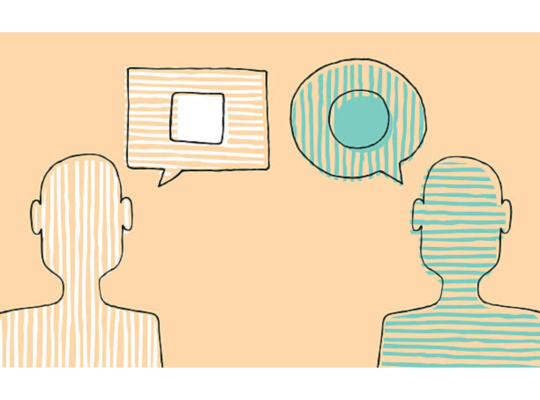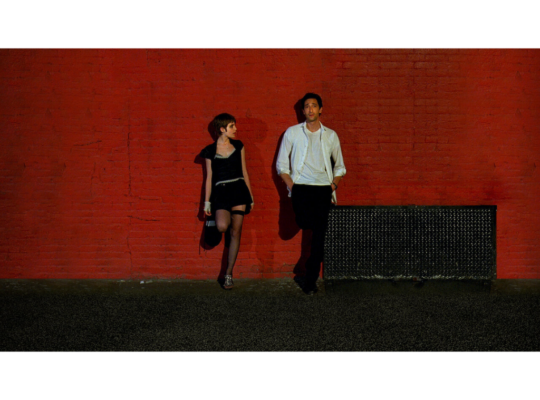Tao says that “There is nothing inherent in the incident that dictates its meaning. It is enough that we all recognize that it happened.” It seems that we are always trying to put some meaning in any occurrence without realization whether it needs. Can we just recognize the occurrence as “it just happened”? That’s it. It just happened.
This quote from Tao captures the idea that events themselves don’t come with built-in meaning. We, as humans, are wired to find patterns and significance in everything.
Here’s a breakdown of the quote:
- “There is nothing inherent in the incident that dictates its meaning.” – This means that the event itself doesn’t tell us what it means. It’s like a blank piece of paper.
- “It is enough that we all recognize that it happened.” – This suggests that simply acknowledging the event’s existence is enough. We don’t need to immediately analyze it or assign grand meaning.
Just Like It Is:
This interpretation aligns perfectly with the core idea. We often rush to interpret events, slapping on labels like “good” or “bad” before we even take a breath. Tao invites us to simply recognize the occurrence for what it is: “It just happened.”
Benefits of This Approach:
There are a few advantages to this perspective:
- Reduced Stress: By not immediately attaching meaning, we avoid the stress of assigning negativity or positivity.
- Openness to Possibility: Leaving the event uninterpreted allows us to see it from different angles and discover unexpected lessons.
- Focus on the Present: When we’re busy interpreting, we miss the present moment. Recognizing the event and moving on keeps our attention where it is most valuable – on the now.
It’s Not About Ignoring Everything:
This doesn’t mean we completely disregard events. We can still learn from them, but the learning comes from a place of observation, not pre-determined meaning.
So next time something happens, try this: Take a breath. Acknowledge it. Then, see where your mind takes you without forcing an interpretation. You might be surprised by the clarity and peace that comes from simply recognizing “it just happened.”
Stoic says that ” What is bad luck? Opinion. What are conflict, dispute, blame, accusation, irreverence, and frivolity? They are all opinions.” Can we just remove all opinions out of our lives so that things simply are?
The Power of Perception:
Stoicism teaches that many of the things we perceive as negative are just our interpretations of them. The quote highlights this idea by saying things like “bad luck” and conflicts are all rooted in opinion.
- Bad luck isn’t an objective state of being. It’s how we interpret an event. An unexpected setback could be reframed as an opportunity to learn or grow stronger.
- Conflict, dispute, blame, accusation, etc. are all fueled by our judgments and interpretations of a situation. If someone cuts you off in traffic, you might view it as an intentional insult. But, they might be genuinely unaware or having an emergency.
Can We Be Opinion-Free?
However, the Stoics wouldn’t advocate for removing all opinions entirely. Our opinions help us navigate the world and make decisions. We can’t function without some level of interpretation.
The Key is Awareness:
The core takeaway is to be mindful of our opinions and not let them cloud our perception of reality. By recognizing our opinions as interpretations, we can react to situations more objectively and effectively.
Here’s an analogy: Imagine your opinions are like glasses. The world is inherently neutral, but the glasses tint your perception. By being aware of the tint, you can start to see things more clearly.
Stoic Techniques:
Stoicism offers practices to cultivate this awareness:
- Dichotomy of Control: Separating things you can control (your reactions) from things you can’t (external events).
- Memento Mori: Remembering our mortality to focus on what truly matters.
- Negative Visualization: Anticipating potential problems to prepare mentally and emotionally.
By using these tools, you can learn to recognize events for what they are and respond with reason rather than knee-jerk reactions fueled by un examined opinions.






